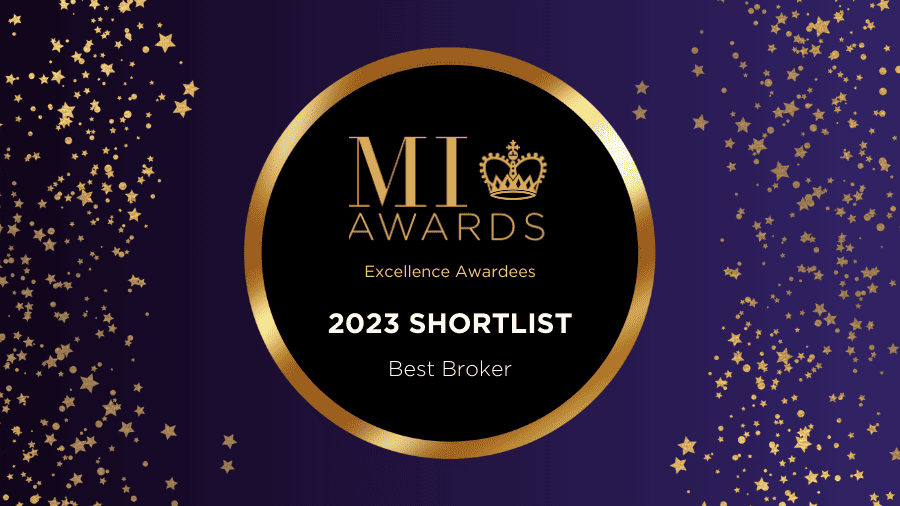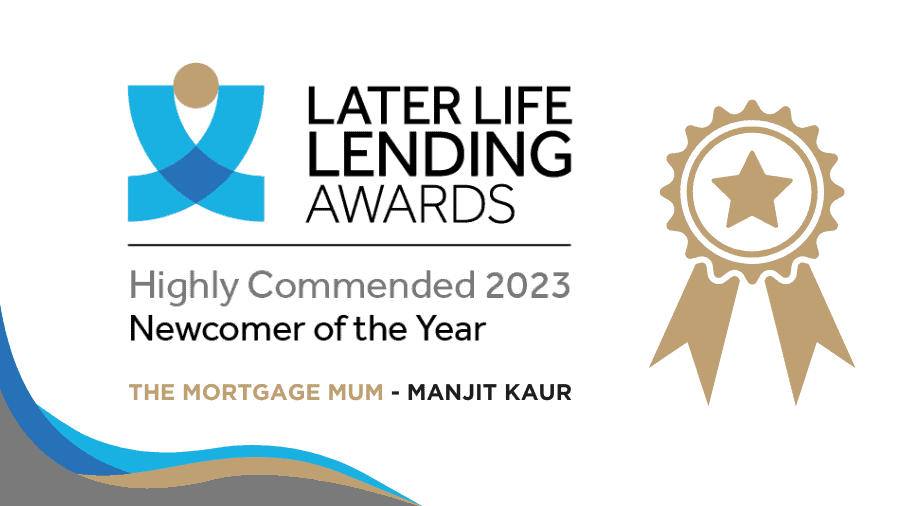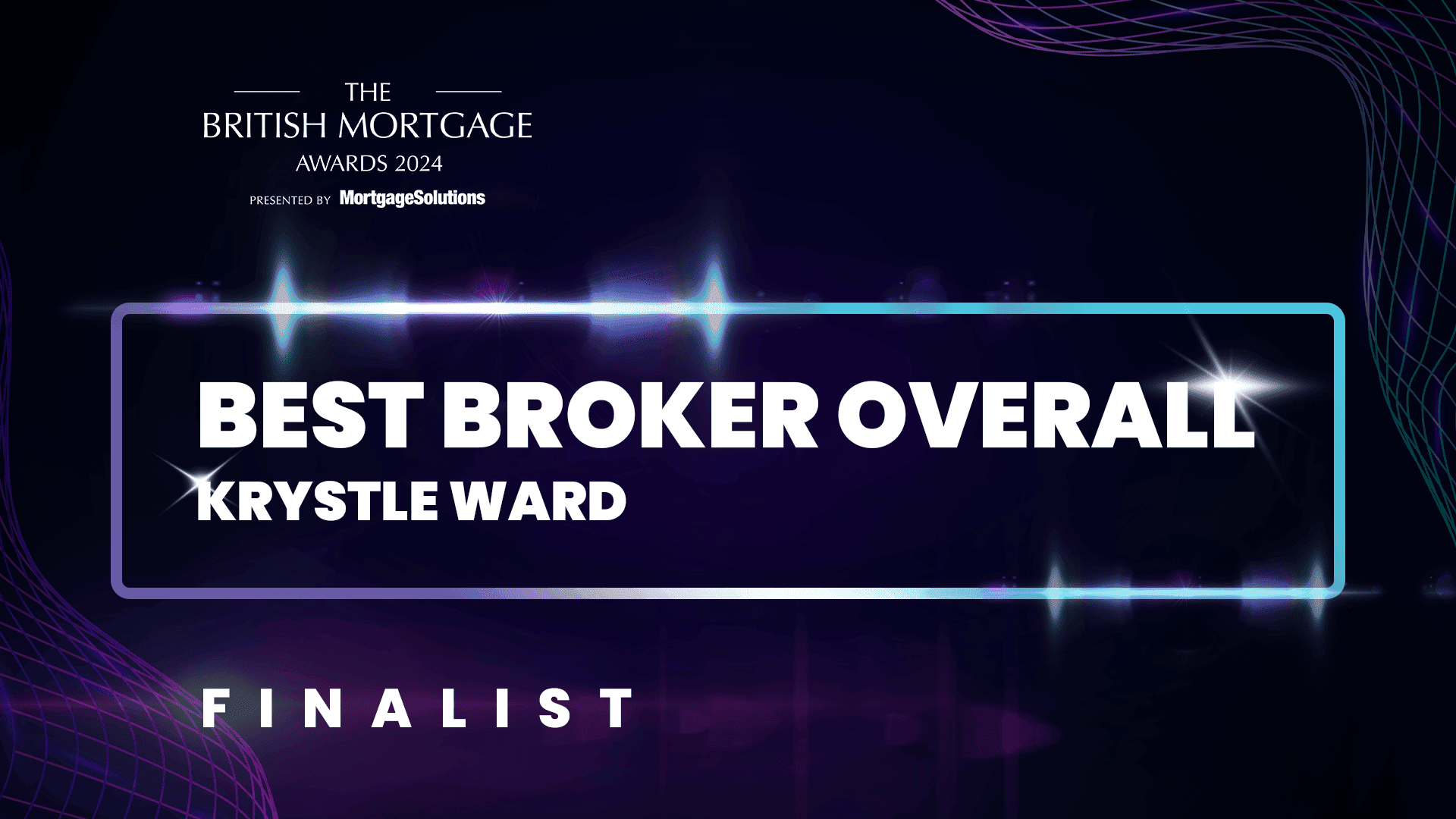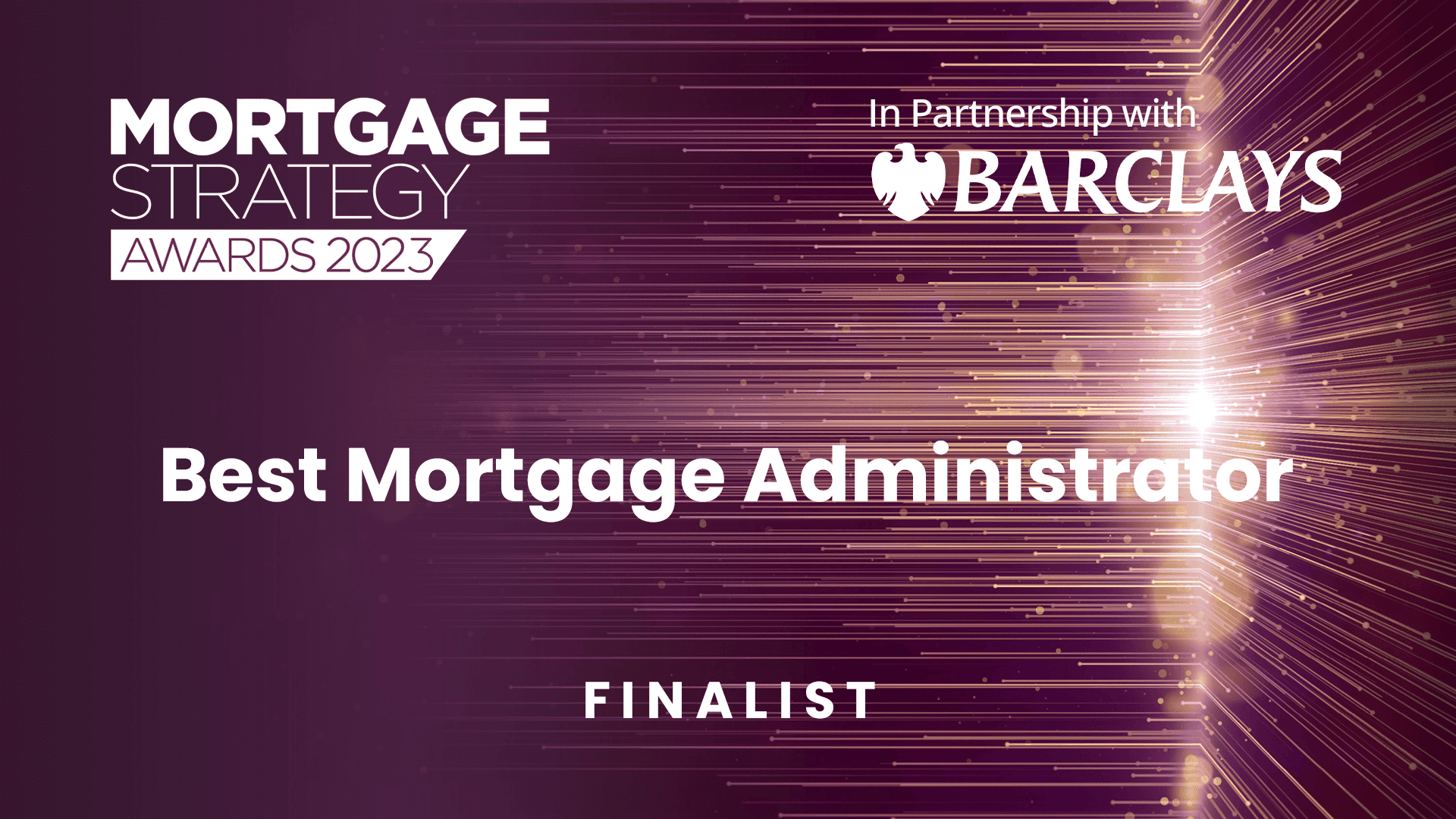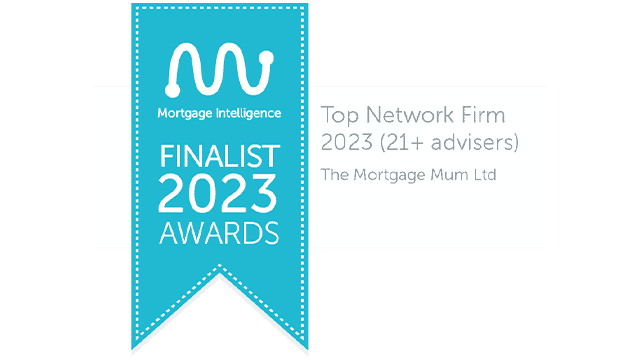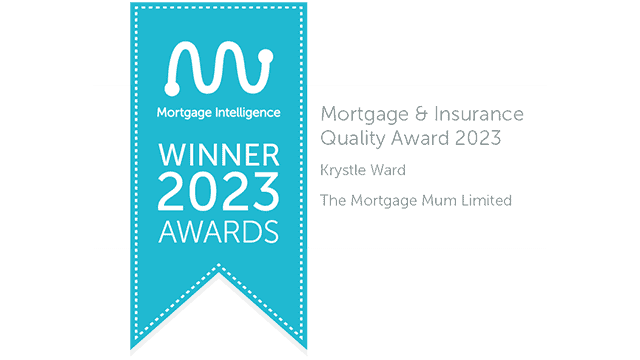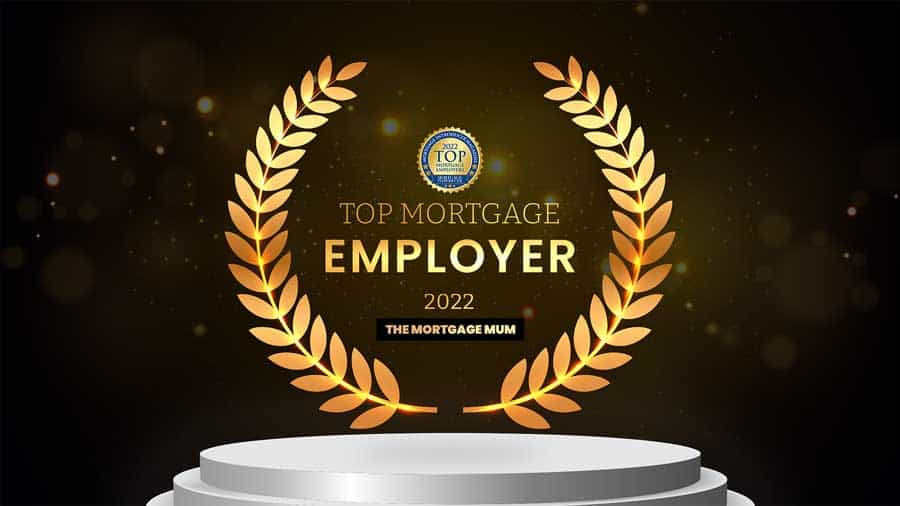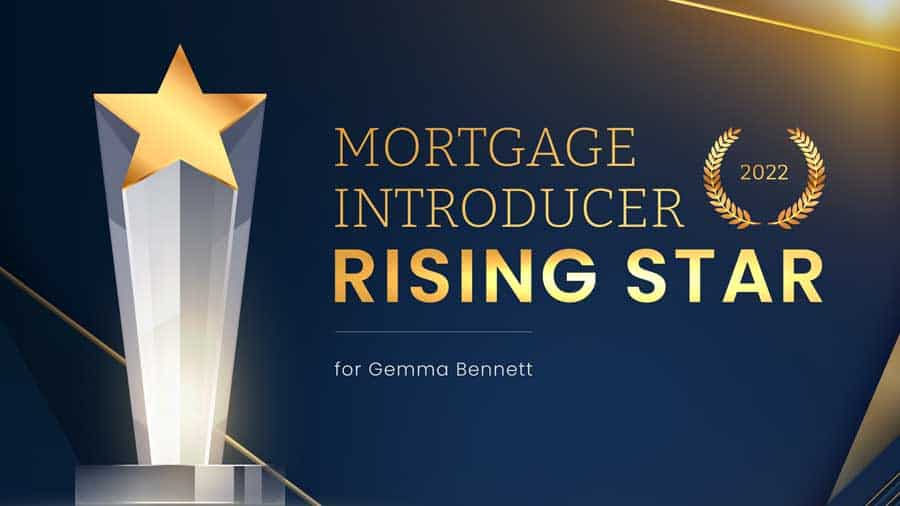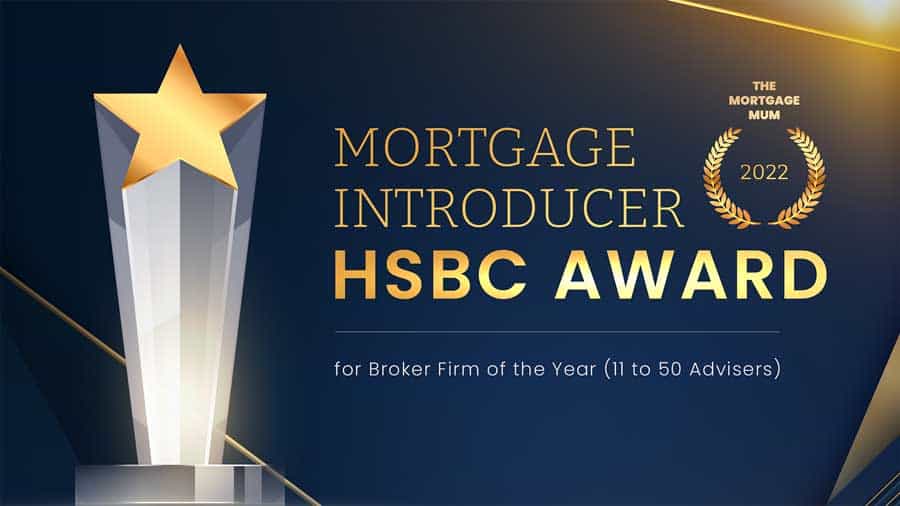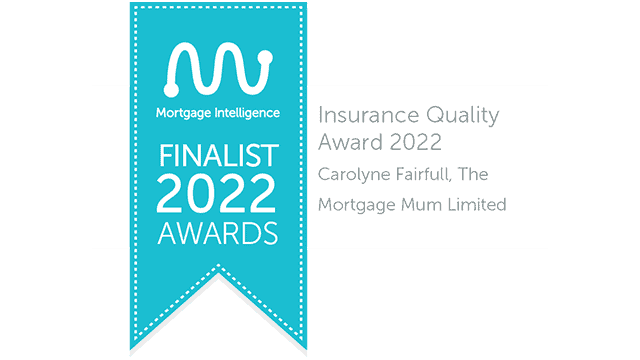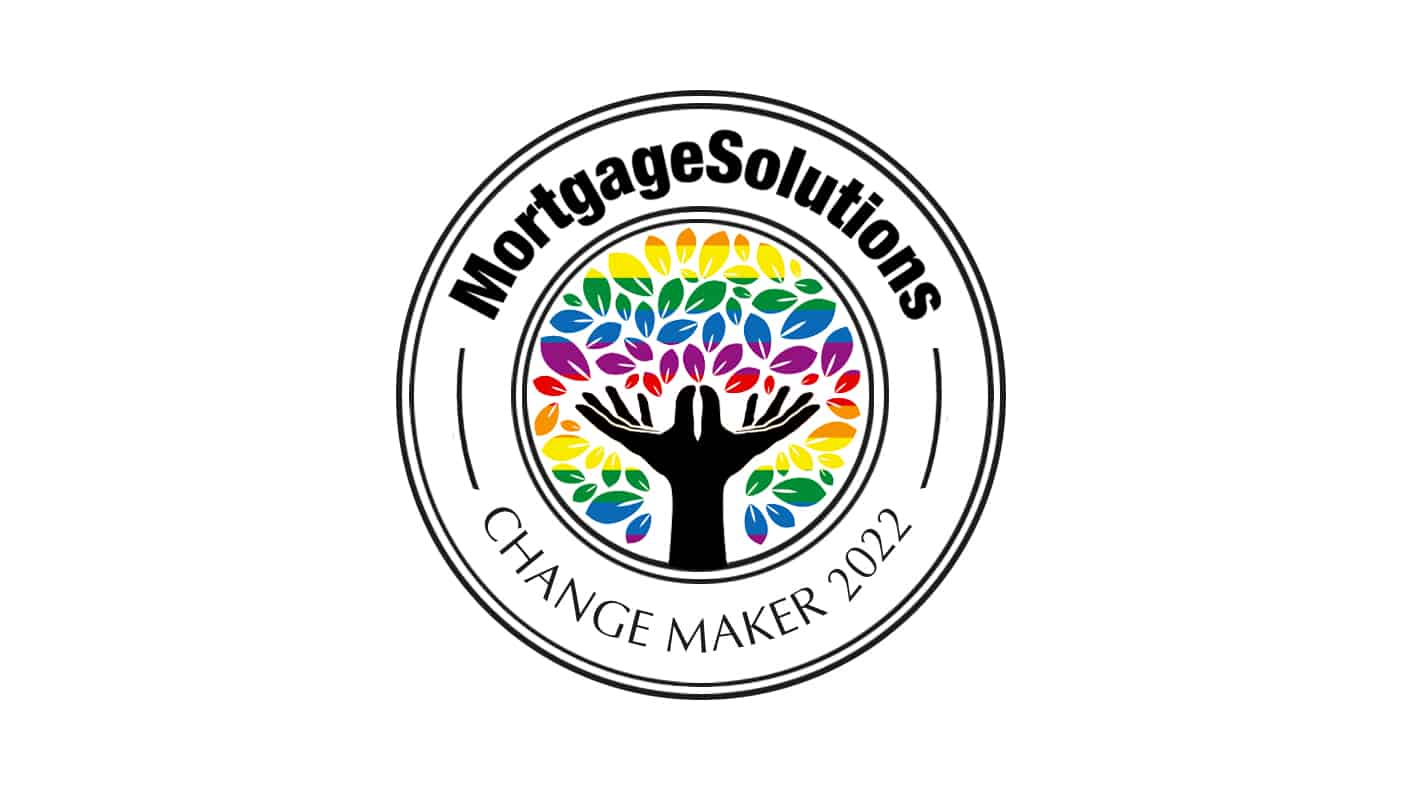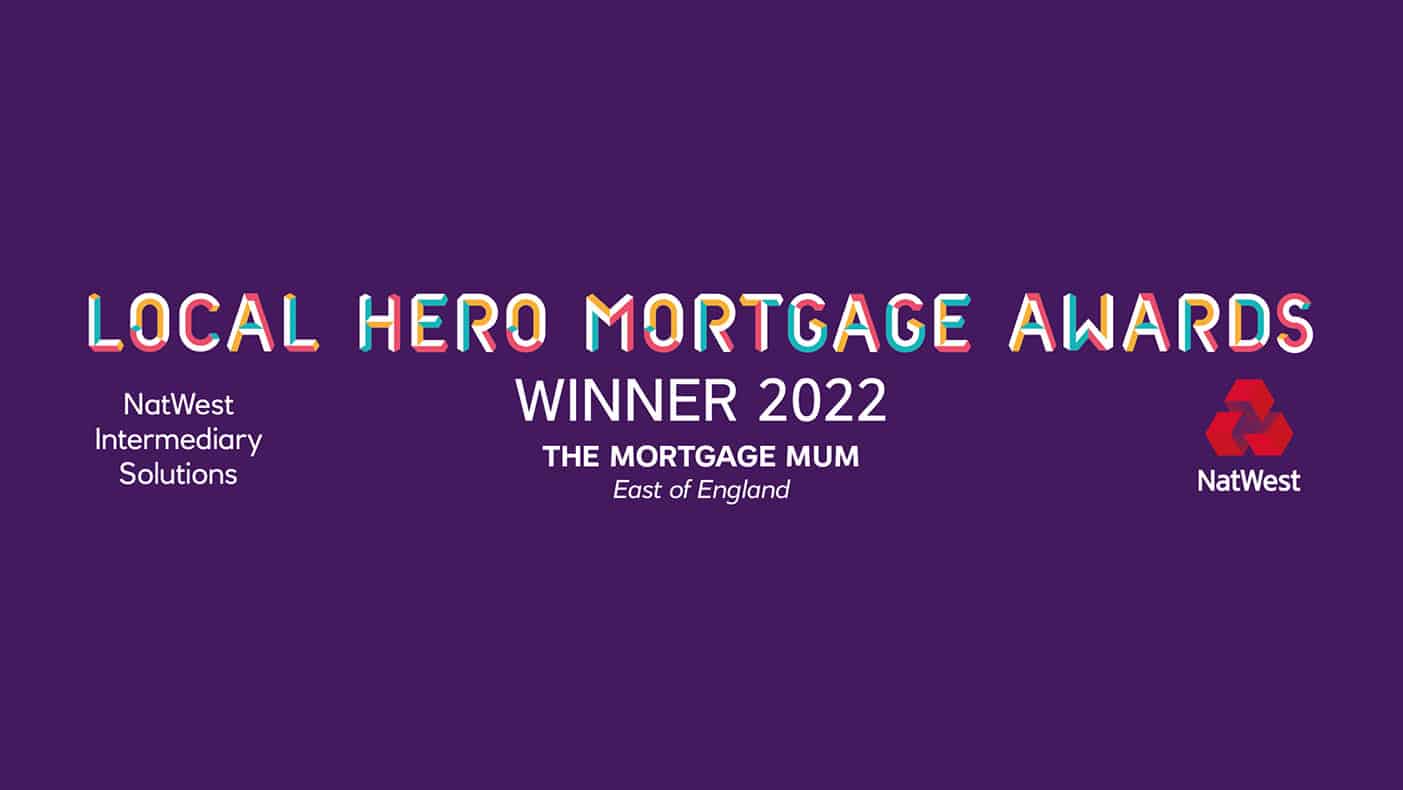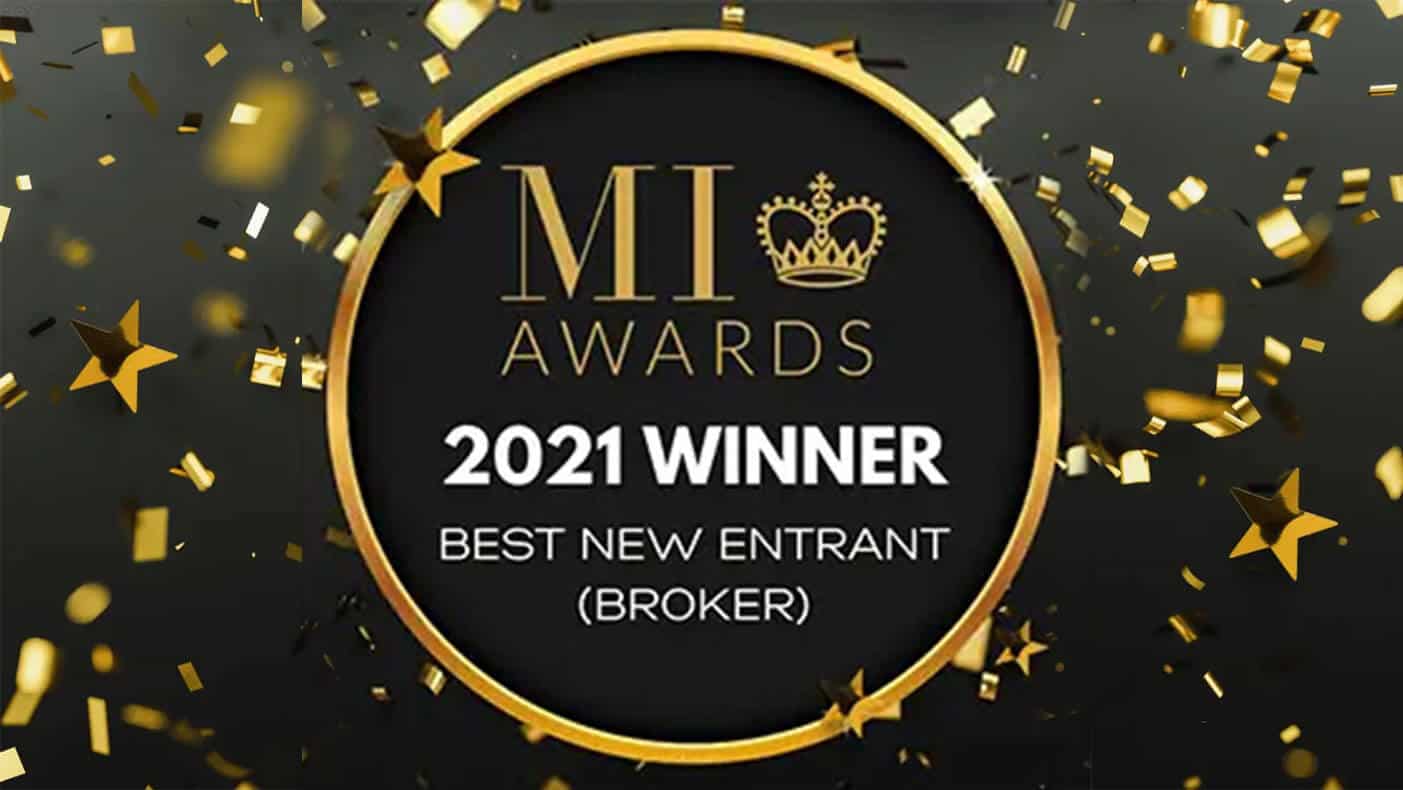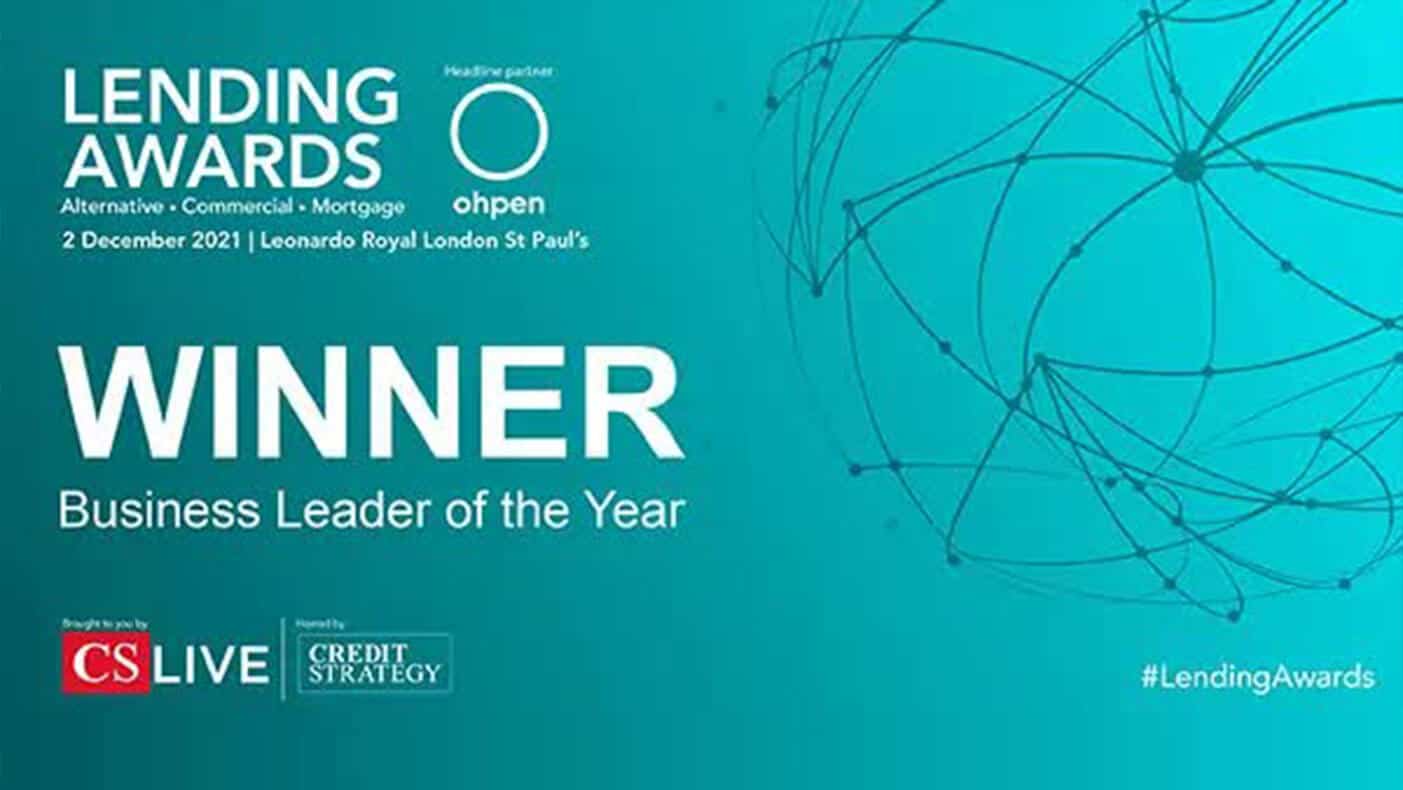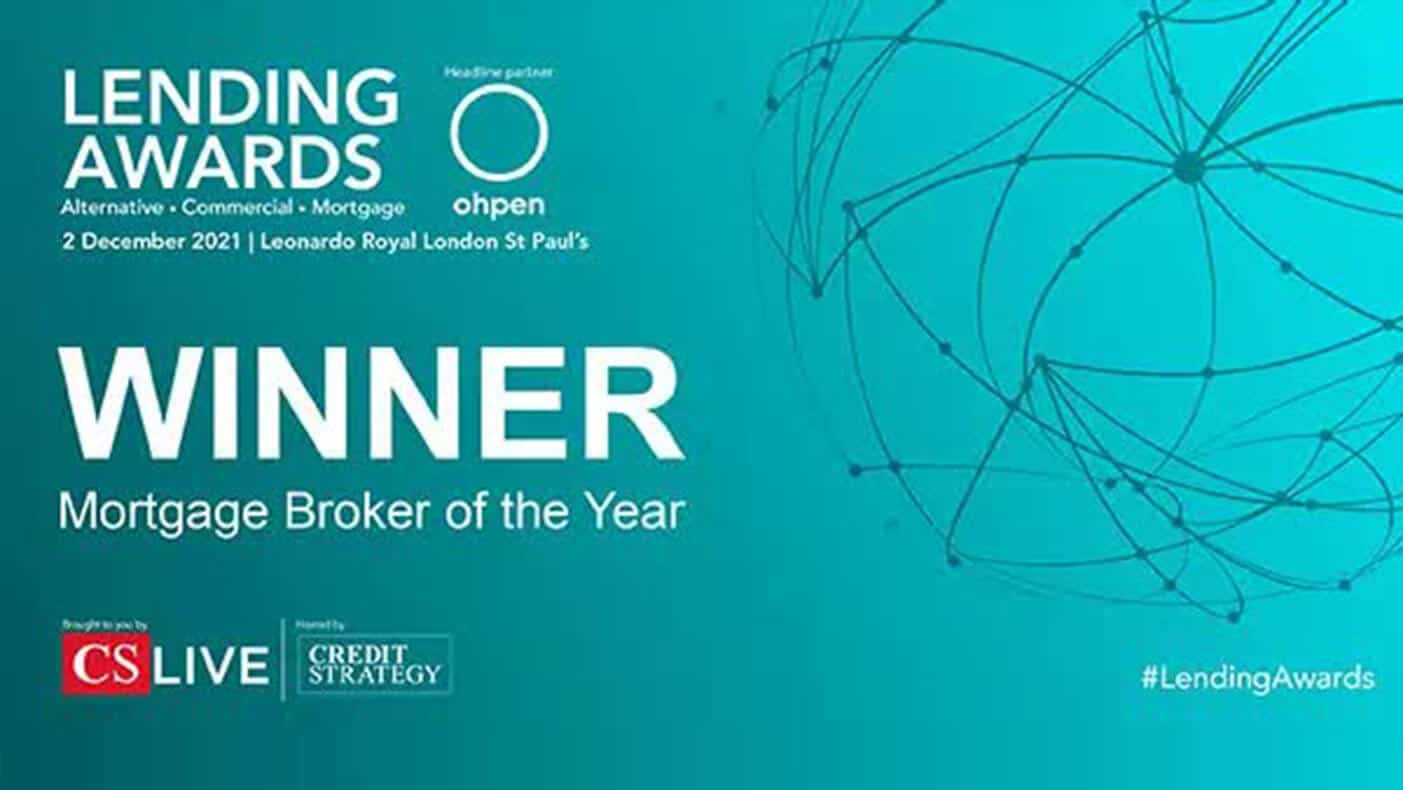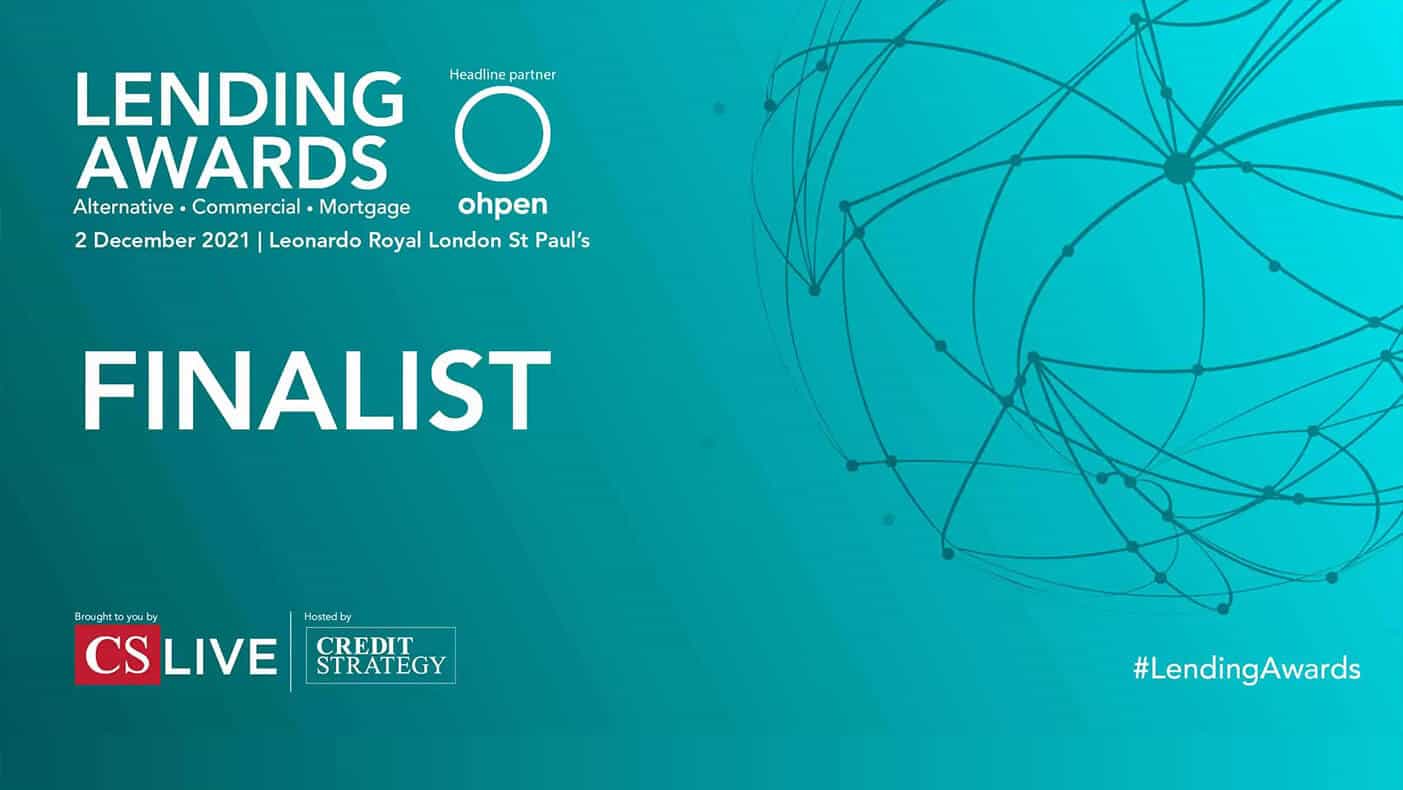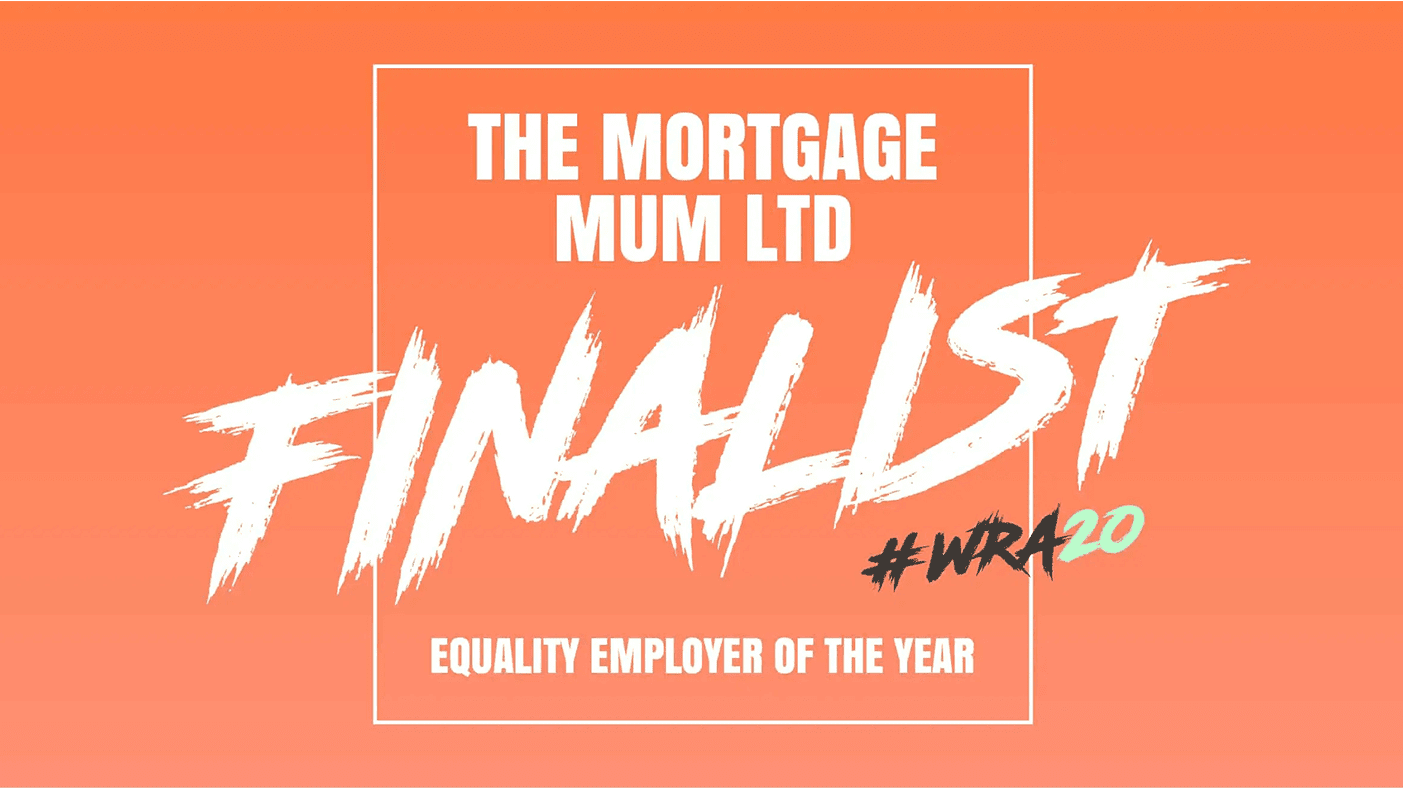Remortgage When Self-Employed
Welcome to the first episode of 2025 on the Mortgage Mum podcast. I’m excited about this year. I’ve got a good feeling. My numerology tells me it’s going to be a great year in the property market and for myself, so let’s see what happens.
Tessa is here with us again, and we’re answering your questions. I’m really excited because this time we’re diving into the world of remortgages to give you all the answers if you’re self-employed.
Many of these answers will also apply if you’re self-employed and just looking for a mortgage of any kind. So listen in and grab your notepad.
Is it harder to remortgage if you’re self-employed? How does it work?
The challenge when you’re self-employed is having to think about things further in advance than an employed individual.
That’s because you ideally need two years’ worth of accounts as proof of income. Any business owners out there will know that two years in a business can feel so different in terms of your growth plans and how well the business is doing.
It’s about planning ahead. The lender will usually look for your average income over two years. That can create issues if people are looking to borrow more money when they remortgage than when they initially borrowed.
If it’s a growing business, the average doesn’t really represent what you earn and what you are going to earn in the next year. The frustration can be that you have to wait at least a year, sometimes two, before you can really realise the potential of that income in your mortgage.
It’s harder, just because you’ve got to take into account your income over a longer period. Everything else is exactly the same. They don’t treat you any differently in terms of affordability once we’ve got that income.
They want to see proof of ID and proof of residency as normal, but that affordability calculation can sometimes feel a little bit unfair, because it isn’t a full representation of what they’re going to earn in the coming years.
How long do you have to be self-employed to remortgage?
We can use one year’s worth of income with some lenders, but two years is best and gives you access to more lenders. Typically we average those two years, but some lenders just take the latest year’s income.
There are all sorts of criteria with lenders. That’s our job – to go away with the information you give us and find you the best outcome for what you’re looking for.
Can you remortgage if you’re newly self-employed?
If you’ve just become self-employed, that can be trickier. Sometimes we have to wait for you to have one year’s worth of income. But there are options. If you’ve already got a mortgage, you can just switch the rate with your current lender.
If you’re not looking to borrow any more money for home improvements or debt consolidation, or make any big changes to the term of the mortgage, you can switch even if your position has changed and you’re now self-employed. You just stay with your existing lender for a rate switch.
Ideally, if you know you’re going to go self-employed but your mortgage is coming up, you should time it carefully. You want to have a year at least before the remortgage happens.
How does the self-employed remortgage process work?
Some people feel really silly asking the question, but they want me to explain what a remortgage actually is. I get it – before I was in the industry, I probably wouldn’t have understood it too well either.
When you get a mortgage for the first time, typically you pick a product that lasts for a set time. The most common product is a fixed rate and people generally secure that fixed rate for two or five years.
It’s really important that you know when that rate is due to end. You would ideally start looking at your remortgage around six months before that date. You’re then going to talk to an advisor, and it’s similar to when you first got your mortgage. That advisor’s going to ask you what’s changed in the last two or five years. What does your income look like right now?
If you’re self-employed, we’ll look at how your accounts have fared in the last two years. We’re going to need to see your accounts paperwork and bank statements. If we haven’t already got them from the last mortgage, we will be asking for proof of ID and residency as well.
We’ll assess your financial position and look at your goals. Some people just want to switch to the best rate they can. Other people are worried about rate increases and want to see what options they have.
Other people want to use the remortgage as an opportunity to do something different. They might release some money from the property to make home improvements, invest in another property or pay off some debts.
There are all sorts of reasons why people release equity – those are just a few examples. We need to look at what you can afford to release. This is also relevant if you’ve split up with someone you’re on a mortgage with, because a remortgage is potentially a way to take them off the mortgage.
We’re going to be assessing your position, letting you know what affordability looks like today and looking at all your documents. We’ll come up with some solutions for you and make sure you’re happy. Once we’ve both chosen something that fits, we will apply for that mortgage for you.
A valuation is then carried out. They’re often free with a remortgage, as are your solicitors, and we make sure it doesn’t cost you too much to remortgage. There can be an application fee involved.
Just like with your original mortgage, we’re going to get you a mortgage offer. If this is six months before, we’ve got lots of time to get your mortgage offer in place and that will usually last six months. When your rate runs out, your solicitors swap one mortgage for the other. That is a remortgage.
Can you remortgage with no proof of income?
It would be very difficult, because lenders want to know that you can afford this and they need proof of your income for that. But if you are coming off a fixed rate, you’ve gone self-employed and don’t have your first year of accounts – or there’s another factor that makes it difficult for you to remortgage away from that lender – you can potentially still do a rate switch with your current lender.
A rate switch is usually easy enough to do yourself, but I would still advise you to speak to an advisor because it’s not always the best idea. We want to make sure you can afford your mortgage. Obviously, if you’re not earning any money, we need to understand what’s affordable to you and whether there are other actions you need to take.
If you are earning, but you just haven’t got the self-employed paperwork yet, we can still give you advice. We’re here to suggest the right thing to do, even if that’s just going to your current bank.
Speak to an expert
We will work at times that suit you and your family, carrying out appointments via video call, telephone or email, giving you the benefit of first class service, around your own schedule, and in the comfort of your own home. So let us handle your mortgage today and find out how well we can look after you, The Mortgage Mum way!
Can I remortgage if I have bad credit?
You can definitely remortgage if you have bad credit. There are lots of lenders, even high street banks, that will take bad credit into account and still give you a mortgage.
If high street lenders won’t do it, there’s a specialist market. You’re probably going to pay a much higher rate with these lenders, but again, it’s an advisor’s job to look at the best possible option once we know how bad the bad credit is, and why it happened.
Often there’s a story behind a credit issue. That will influence how likely we are to get you the best possible rate. We will talk you through each of those stages as we go through them together.
Can a self-employed person be declined a remortgage? What reasons might there be for that?
Unfortunately, yes, anyone can be declined for a remortgage – although it’s our job to minimise that. You might get declined if you’ve got bad credit and you don’t meet the scorecard of that lender.
When we submit the application for you and get you an Agreement in Principle, they’ll do a check against their credit scorecard. If you don’t match it, they may not be happy to lend to you.
All sorts of factors that could come into it. You might be looking to borrow more than they’re happy to lend you. You might want to increase the loan amount and they’re not happy because of their criteria. It’s all to do with how you score in the eyes of the lender.
We know how lenders score and which will be better for different factors. We’ll know what the potential pitfalls could be for you, and factor it into our advice. If a lender says no, we will have other options. We’ll have a number one option to present to you, but we’ll also have an options two and three.
Often people don’t realise they haven’t paid an old mobile phone bill, for example, or something in their utilities has affected their credit report. We’ll always ask for a copy of your credit file anyway, so we should spot that beforehand. If that does flag up, we look for a solution. You can always go back to the credit agency to get things fixed if they shouldn’t be there.
Having an advisor is much more than just applying for the remortgage for you. We help you with other factors that affect the remortgage decision.
How can I better my chances of a good remortgage as someone who is self-employed?
Preparation is key. Organise your documents. Don’t be tempted to pile on the expenses when you do your tax return, without checking what you need your income to be for your mortgage.
Obviously, there are legitimate ways of paying less tax via expenses for your business. But you have two responsibilities when you’re self-employed. One is running your business efficiently through that tax return. But you also have your mortgage – remember that what you earn feeds into what you can borrow.
Don’t be afraid to speak to us when it comes to tax return time. You might be seeing a decline since you initially put your mortgage in, or perhaps you invested in something in your business that year, so it looks like you’re earning less.
Check before you actually submit that tax return. Whilst it’s lovely to save tax, it’s even lovelier to be able to get the mortgage you’re looking for, and it’s very frustrating for people if they haven’t had that advice. It’s not the accountant’s job to give it.
Try to keep good credit. You can get a mortgage with bad credit, but obviously the best case scenario is to maintain good credit, pay your bills on time and don’t max out your credit cards. Aim to show stability in how you manage money, and that you’ve got good, consistent income. All business owners want that – I know it’s up and down, because I’m a business owner myself.
Try not to take on too much debt, so that your affordability is as good as it can be. Work with an advisor and be organised. Don’t leave it to the last minute. A good advisor should be ringing you six months before, but that’s not always the case. Make sure you’re on top of your own dates to flag it up six months before.
What are the benefits of remortgaging?
The biggest thing is that if you don’t remortgage, you will go onto a standard variable rate. That’s so much higher than the rates that you’re going to get on the open mortgage market.
So many people are sitting on a standard variable rate right now, paying much more a month than you need to. Lower interest rates mean lower monthly repayments.
You can also be creative when you do a remortgage. I mentioned earlier that you can release funds if you’ve made money in your property. Perhaps you put a big deposit down at the beginning and you are sitting on money in your house – potentially you can use that to improve it.
You could also improve your situation by consolidating debts to make your daily living easier. You could invest in something else. Don’t be afraid to be creative and look at all your options.
You might even get a better product. If you secured a rate two years ago, rates have come down since then. If you secured a rate longer ago, I’m afraid it’s not going to be such a pretty picture. You may well be on a very low rate and coming on to something higher than you’re used to paying.
So, remortgaging can save you money or give you access to money you’ve already made.
What else do we need to know about remortgaging and being self-employed?
When you’re self-employed, you do need someone by your side. You’ve got your accountant, potentially – unless you do it yourself. But you need that team around you to help because it’s a whole job description, managing the finances of a company: tax returns, corporation tax and dividends.
There are many layers to owning a business and being self-employed, whether you’re a sole trader or a director of a company. You need the experts to save you time, so you can put that energy into running your business. When it comes to your mortgage, get somebody to do the hard work for you, and lean on the experts.
The self-employed can really recognise the value of experts, because presumably you are positioning yourself as one in your own field. We’ve studied to be in this position to help people like you. You can put your energy into your company and help that to thrive, and we’ll get on with what we know best – saving you money.
We empower you with knowledge on your remortgage, and it’s a good time to look at how things are going. We holistically look at everything, so it’s much more than a mortgage. The resources are there, so absolutely speak to an advisor.
THINK CAREFULLY BEFORE SECURING OTHER DEBTS AGAINST YOUR HOME. YOUR HOME MAY BE REPOSSESSED IF YOU DO NOT KEEP UP WITH YOUR MORTGAGE REPAYMENTS.
YOU MAY HAVE TO PAY AN EARLY REPAYMENT CHARGE TO YOUR EXISTING LENDER IF YOU REMORTGAGE.
























